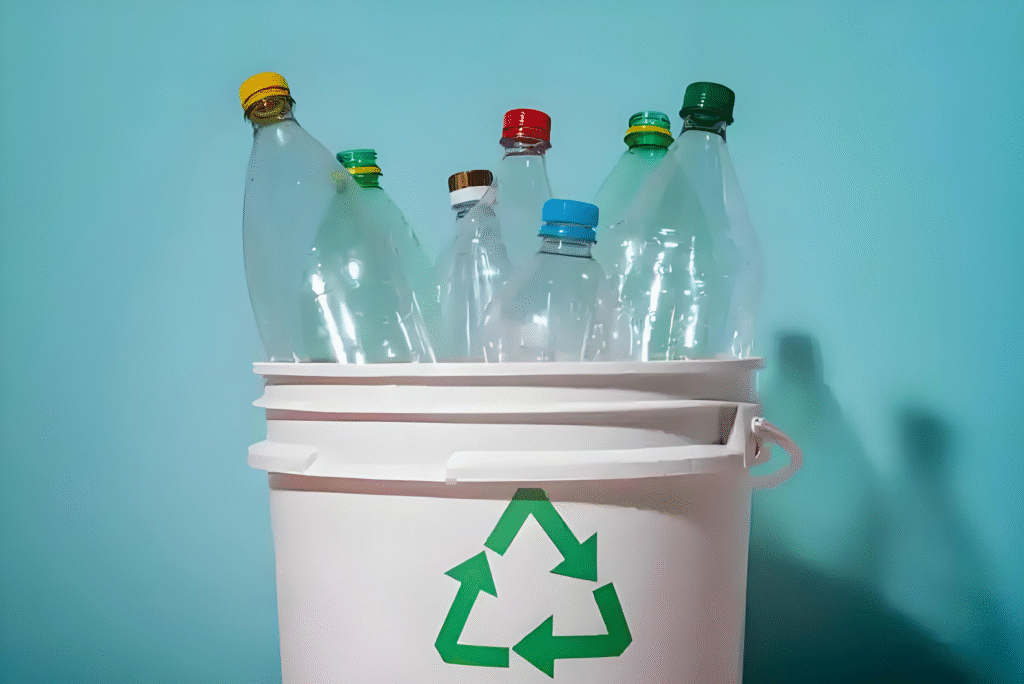The plastic recycling industry plays a crucial role in reducing environmental pollution and promoting sustainability. However, efficient waste management is essential to maximize recycling efforts. One of the most effective tools in this process is the vertical baler, a machine designed to compress plastic waste into compact bales for easier handling, transportation, and processing. In this blog, we will explore how vertical balers contribute to the plastic recycling industry by improving efficiency, reducing costs, and supporting environmental goals.
1. Space Optimization and Storage Efficiency
Plastic waste, especially lightweight materials like PET bottles, plastic films, and packaging, takes up significant storage space. Vertical balers compress these materials into dense, uniform bales, reducing volume by up to 90%. This allows recycling facilities to:
-
Save storage space – More waste can be stored in a smaller area.
-
Improve logistics – Compact bales are easier to stack and transport.
-
Reduce handling frequency – Fewer trips are needed to move baled plastics compared to loose waste.
2. Cost Reduction in Transportation and Disposal
Transporting loose plastic waste is expensive due to its low density. By baling plastics, companies can:
-
Lower shipping costs – More material can be loaded per truck, reducing fuel and freight expenses.
-
Decrease landfill fees – Many waste management companies charge by volume; baled waste reduces disposal costs.
-
Increase profitability – Recyclers can sell baled plastics at better prices since they are easier to process.
3. Enhanced Recycling Efficiency
Vertical balers streamline the recycling process by:
-
Improving sorting and processing – Uniform bales are easier to feed into shredders and washing lines.
-
Reducing contamination – Properly baled plastics are less likely to mix with other waste, ensuring higher-quality recyclables.
-
Supporting automation – Many modern balers integrate with conveyor systems, reducing manual labor.
4. Environmental Benefits
By optimizing plastic recycling, vertical balers contribute to:
-
Reduced carbon footprint – Fewer transportation trips mean lower emissions.
-
Less plastic pollution – Efficient baling prevents loose plastics from escaping into landfills or oceans.
-
Resource conservation – More plastics are recycled instead of being discarded, reducing the need for virgin materials.
5. Versatility for Different Plastic Types
Vertical balers can handle various plastic waste streams, including:
-
PET bottles (commonly used in beverage containers)
-
HDPE containers (milk jugs, detergent bottles)
-
LDPE films (shrink wrap, grocery bags)
-
PP packaging (food containers, caps)
This adaptability makes them essential for recycling centers, supermarkets, warehouses, and manufacturing plants.

Conclusion
Vertical balers are indispensable in the plastic recycling industry, offering space savings, cost efficiency, improved recycling rates, and environmental benefits. By investing in this technology, businesses and recycling facilities can enhance their operations while contributing to a more sustainable future.
If your organization deals with plastic waste, consider integrating a vertical baler into your workflow—it’s a smart move for both economics and ecology.
